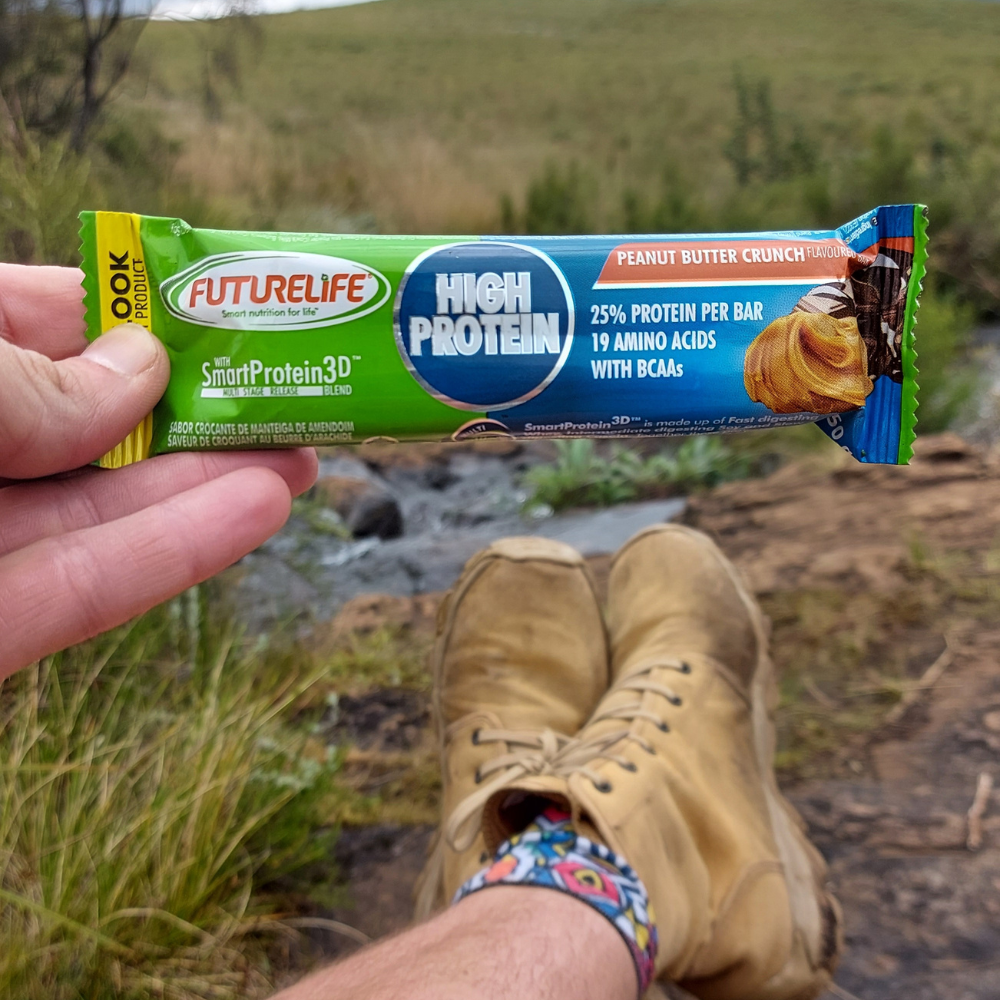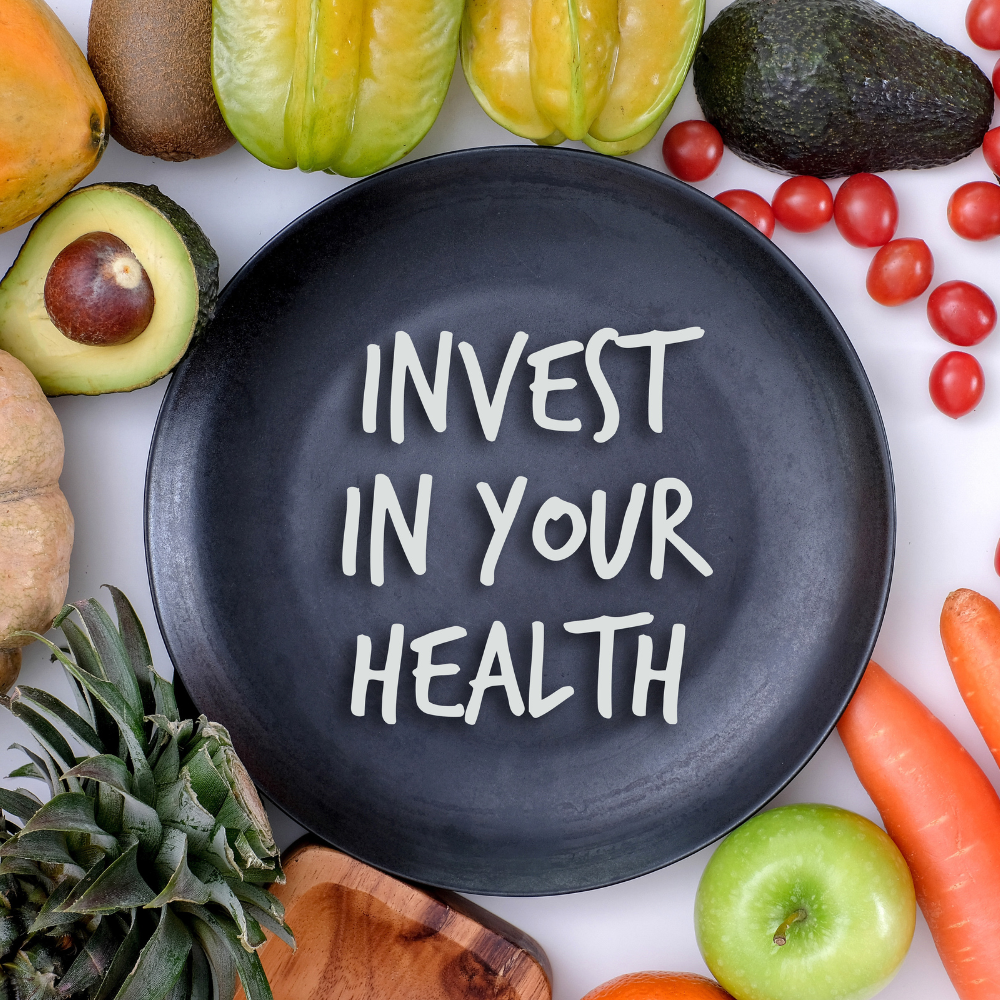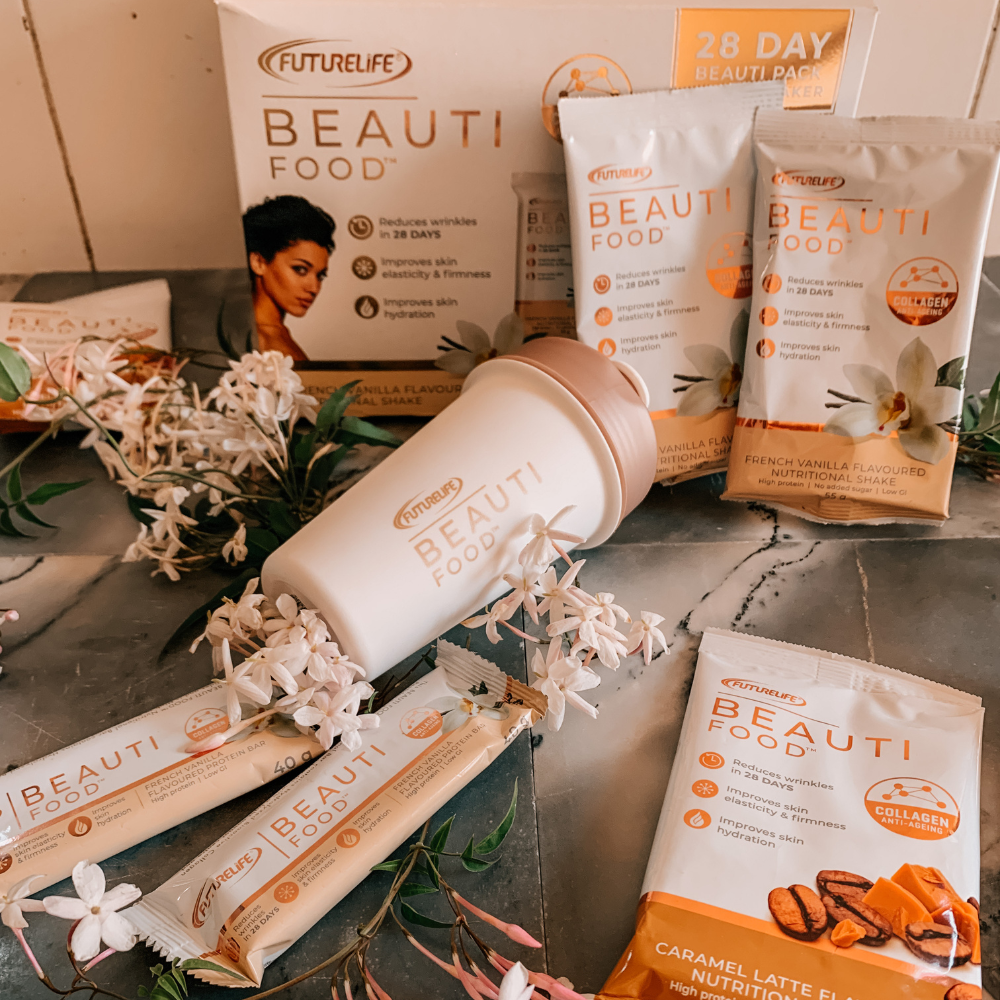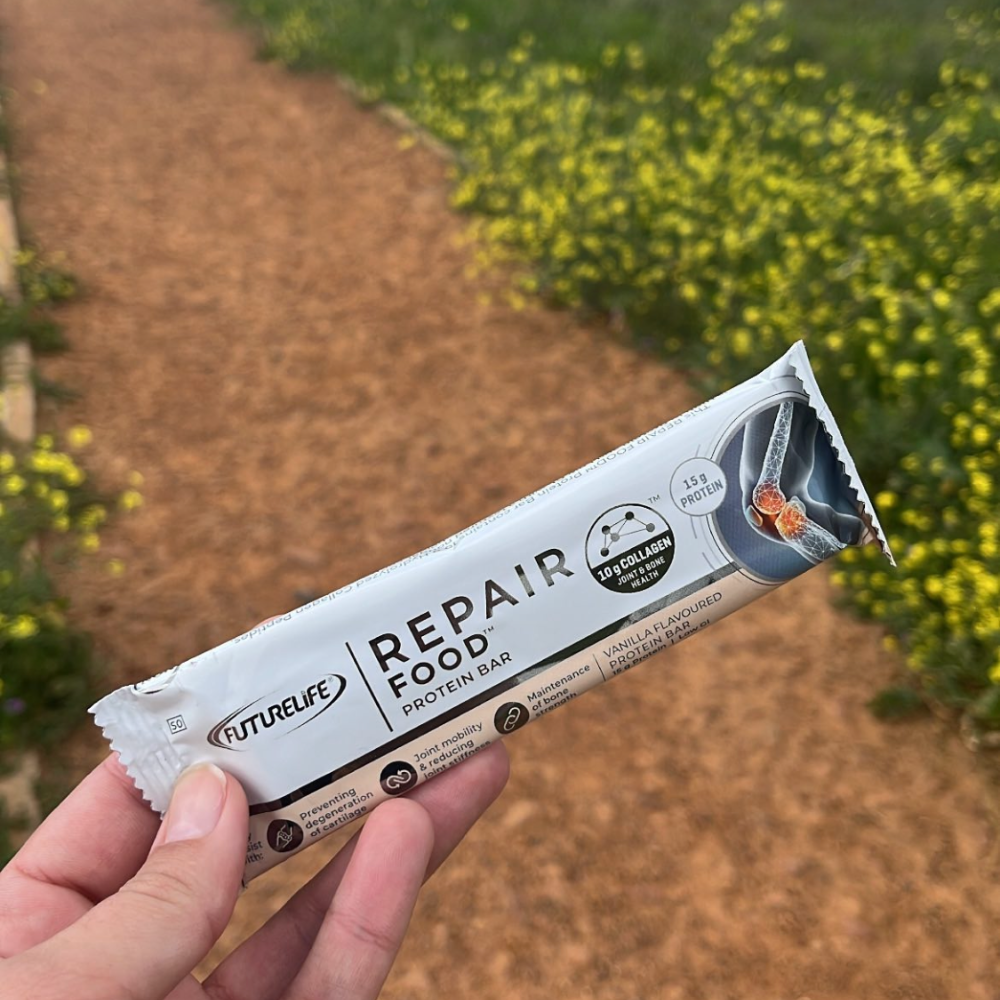SMART SNACKING ON-THE-GO!

I don’t know about you but some days, I feel as if my snacking skills leave a lot to be desired. I definitely try to eat as healthily on-the-go as I can but sadly, some days my to-do list just gets the better of me. There’s no point in even trying to deny it, guilty as charged! Let me paint you a picture: It’s Monday morning, your alarm clock doesn’t go off for some reason which means you have to skip breakfast in order to get to the office in time for your first meeting. As if that wasn’t frustrating enough, your diary is fully booked until 2pm which is probably the only chance you will have to eat something…if only you remembered to grab your lunch on the way out. Sound familiar?
Let’s be honest, we’ve all experienced a day like this at least once before. The everyday hustle and bustle of life often means that our nutrition takes a back seat. But how can we expect to function at our optimum if we are not fuelling our bodies timeously with nutritious meals and snacks. There’s a common misconception that snacking throughout the day is considered unhealthy and it’s not difficult to see why. When you hear the word ‘snack’, I’m sure things like sweets, potato chips, chocolates and biscuits are the first items to cross your mind. These items are often high in sugar, calories, saturated fats and offer very little nutritional value. But when snacking is done right, it can be the perfect addition to a well-balanced diet and can actually assist in reaching your nutrition goals. Want to be a smart snacker but not sure where to start? Don’t worry, we’ve got you covered!
THE IMPORTANCE OF HEALTHY SNACKING
We all know the importance of eating a healthy, balanced diet. Most individuals are familiar with the notion of eating 3 meals a day: breakfast, lunch and dinner. But what about snacks? While some individuals define snacks as an eating occasion between meals, others define snacks based on the type of food consumed, location of food consumption, or time of day of consumption¹. Given that snacking is still an eating occasion during which people consume energy and nutrients, choosing healthy snacks could help mitigate the potential negative effects of snacking and contribute to promoting and facilitating nutrient-dense and health-promoting diets¹.
Have you ever tried to attend a lecture or boardroom meeting on an empty stomach? How much of that important information were you actually able to absorb? Not much if you ask me. Research has shown that eating several smaller meals at frequent intervals (“grazing”) is associated with better cognitive performance and mood than eating fewer and larger meals at longer intervals².
Not only can snacking at regular intervals help with satiety and the urge to spend more money at the cafeteria, it can also help improve your nutritional status when done correctly. Frequent eating may improve lipid profiles and decrease the risk of cardiovascular disease³. Snacking and healthy eating habits have been suggested to have various health benefits, such as appetite control, body weight regulation and enhanced blood glucose control in adults and those living with diabetes⁴.
WHAT SHOULD A HEALTHY SNACK LOOK LIKE?
Ideally, you want a nutritious snack that is tasty and convenient. It should provide you with enough energy to keep you going and something with a bit of protein and fibre will always be a plus. Findings from a study support the notion that a high-protein snack has the highest satiety compared with snacks high in other nutrients⁵. Overall, the addition of fibre to foods, as well as foods naturally high in fibre, appeared to promote satiety⁵. Try to avoid any sugary snacks and drinks as these are often just empty calories.
It is also important that we practice mindful eating and portion out snacks to avoid episodes of overindulging. One study found that when distracted (e.g., by watching television or a movie), individuals often overconsume and are not necessarily cognisant of the dietary quality and quantity of the snacks eaten⁶. How many times have you finished that bowl of popcorn before the movie has even started? Too many times to count, I’m sure! Rather portion out your snacks into bowls so that you are not sitting with the entire bag of chips on the couch. This way, you can be mindful of how much you’re actually eating.
Packing healthy snacks is important to maintain energy levels and prevent overeating later in the day.
Here are a few healthy snack options:
- Fruit: Fresh, whole fruit, dried fruit, fruit rolls (no added sugar).
- Nuts: 30g roasted, unsalted.
- Smoothie: Apples, peanut butter, low fat milk, 50g FUTURELIFE® Smart food™.
- Lean biltong: 30-50g.
- Air popped popcorn: a handful.
- Whole-wheat crackers with cottage cheese, sugar free peanut butter & smashed avocado.
- Yoghurt: 100g low fat yoghurt (topped with 40g of FUTURELIFE® Granola Crunch Smart food™.
- Veggies dipped in hummus & cottage cheese.
- A muffin: Bran or carrot (Did you know that you can use FUTURELIFE® Smart food™ as a flour substitute when baking?).
- FUTURELIFE® High Protein Shake.
- The FUTURELIFE® High Protein or High Protein Lite bars.
SOME OTHER TIPS AND TRICKS:
- Shop for all your weekly snacks over the weekend to avoid any supermarket trips during the week.
- Bake a batch of muffins over the weekend so that the first few days of snacks are sorted.
- Pack your snacks the night before to avoid the morning rush.
- If you’re working from home, make enough of your favorite smoothie in the morning so you can sip on another one during your next Zoom meeting.
- Keep a FUTURELIFE® High Protein Lite Bar in the car (you know, just in case you get stuck in peak traffic)
CONCLUSION
Enjoying healthy snacks on-the-go should no longer be a headache for anyone. Remember to plan ahead, prepack snacks over the weekend and buy healthy options to keep things interesting. Sure, life can be stressful but our nutrition shouldn’t be. Making healthy choices on-the-go is definitely a skill that requires a bit of effort but once you’ve mastered it, everyone you know will be coming to you for tips! Every day we are faced with so many choices, so let’s make sure that when it comes to our health, we make the right ones.
REFERENCES
- Hess JM, Jonnalagadda SS, Slavin JL (2016). What Is a Snack, Why Do We Snack, and How Can We Choose Better Snacks? A Review of the Definitions of Snacking, Motivations to Snack, Contributions to Dietary Intake, and Recommendations for Improvement. Adv Nutr. 16;7(3):466-75.
- Hewlett P,Smith A,Lucas E (2009). Grazing, cognitive performance and mood. Appetite 52:245–8.
- Kaneko H, Itoh H, Kiriyama H, Kamon T, Fujiu K, Morita K et al (2021). Possible association between eating behaviors and cardiovascular disease in the general population: analysis of a nationwide epidemiological database. Atherosclerosis 320:79–85
- Noha M. Almoraie, Rula Saqaan, Razan Alharthi, Amal Alamoudi, Lujain Badh, Israa M. Shatwan (2021). Snacking patterns throughout the life span: potential implications on health. Nutrition Research (91):81-94.
- Njike VY, Smith TM, Shuval O, Shuval K, Edshteyn I, Kalantari V, Yaroch AL (2016). Snack Food, Satiety, and Weight. Adv Nutr. 15;7(5):866-78.
- Wansink B, Kim J (2005). Bad popcorn in big buckets: portion size can influence intake as much as taste. J Nutr Educ Behav 37:242–5.









